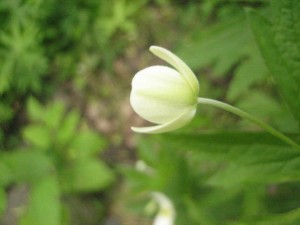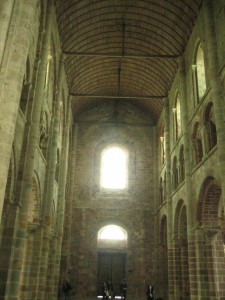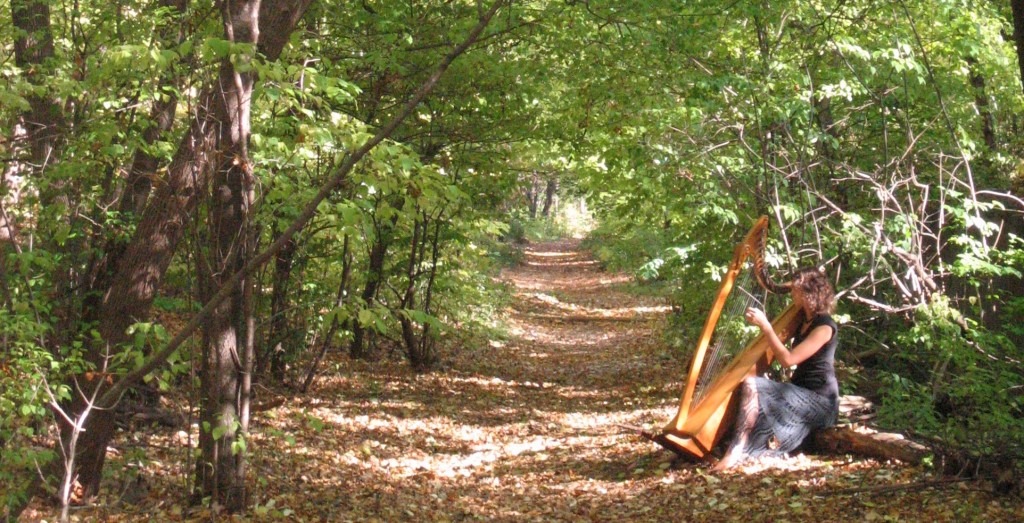I must confess that I’m carrying some baggage. As a devout fantasy fan and a long-time harp player, in this three-part post I hope to both pour out years of pent-up frustration and present a valid analysis of the treatment of harp in fantasy novels and how it affects readers. And perhaps while reading it you’ll find a few titles to add to your book list.
I feel justified in using a few Sci-Fi examples because Sci-Fi and Fantasy are shelved together at the library. And though I read a great deal, I have most definitely not consumed every harp-related novel in the relevant genres. If you know of a book that needs to be part of this discussion, please comment below!
The first and most obvious aspect of note is simply the prevalence of the harp in fantasy fiction. Amazon.com comes up with 108 titles for fantasy books with “harp” in their title or in the name of the series. Harp, pipe, & symphony, A String in the Harp, Harpist in the Wind, Merlin’s Harp, The Harp of Winds, The Harp of Imach Thyssel, The Harp and the Blade, The Stone Harp, The Dragon’s Harp, and The Harp of the Grey Rose  are just some examples. Why don’t fantasy authors name their works after violins or flutes? (Maybe because a title like “The Broken Violin String” makes me think of a murder mystery set in some New York Symphony before it inspires thoughts of dragons or mages.) Amazon found 57 “violin” titles in the fantasy genre. 83 results for “flutes”. Only two for “banjos”.
are just some examples. Why don’t fantasy authors name their works after violins or flutes? (Maybe because a title like “The Broken Violin String” makes me think of a murder mystery set in some New York Symphony before it inspires thoughts of dragons or mages.) Amazon found 57 “violin” titles in the fantasy genre. 83 results for “flutes”. Only two for “banjos”.
What is so fantastic about the harp?
What is it about the harp that makes it so well suited to the fantasy genre? Why do authors make their minstrels harpists and not bagpipers? And why the mystical aura that surrounds harps in general? Even in works as old as fairy tales we see harps with magical capabilities. In Jack and the Bean Stalk for instance, the harp (a rather mean-spirited example of its kind) has the ability both to speak and play on its own. Many modern fantasy novels portray the harp’s sound as if it transcends the physical and connects somehow with a deeper, visceral part of each listener. In her novel The Grey King, Susan Cooper writes:
“Bran ran his fingers gently over the strings. And the sounds that came from them were of such sweetness that Will, beside him, caught his breath in astonishment; he had never heard notes at once so delicate and so resonant, filling the hall with music like the liquid birdsong of summer.’
In Shannon Hale’s River Secrets Razo, our hero, watches a young woman playing harp:
“…the chief of assembly called out for music. Dasha complied, sitting on a cushion in the center of the hall, a harp on her lap, and coaxed a song from the strings… The music jabbed and tugged as though she plucked at his organs. It seemed a lullaby, but one that made the hairs on his neck feel like pressing needles.”
 Patricia McKillip describes the sound of the harp with the words,
Patricia McKillip describes the sound of the harp with the words,
“The harping filled Morgon’s heart with soft, light summer winds and the deep, wild winds that he loved; the slow, rich measures matched the beat of his blood.”
In Morgan Llywelyn’s Bard, she suggests the kind of magical power harps possess in fantasy, writing,
“[The king] glanced impatiently toward the bard and Amergin immediately took Clarsah from her case and strummed her strings. At the harp’s command, silence descended on the hall.”
Why this fascination?
Several ideas spring to mind. Historically, even in our real world, harps have been revered as special. Some of this may stem from the Biblical account of Saul and David in which, whenever Saul was troubled, “David would take his harp and play. Then relief would come to Saul; he would feel better, and the evil spirit would leave him.” Regardless of whether harp (above all other instruments) is God’s chosen musical instrument for soothing people or whether God was simply using David’s harp at that time for that purpose, this particular aspect of the instrument has achieved an enduring fame. I hear the phrase, “Harp is so soothing” all the time.
 In terms of the number of people who know how to play harp, it is quite a rare instrument, and a difficult one (the “most” difficult according to some), as well as beautiful. The fact that it is not part of most peoples’ quotidian existence makes it exotic. And its long history ties it not only to King Saul’s court, but to the great Celtic halls of old and the traveling bards who sang for their bread all across Europe. Nancy Bond describes one such scene in “The String of a Harp”:
In terms of the number of people who know how to play harp, it is quite a rare instrument, and a difficult one (the “most” difficult according to some), as well as beautiful. The fact that it is not part of most peoples’ quotidian existence makes it exotic. And its long history ties it not only to King Saul’s court, but to the great Celtic halls of old and the traveling bards who sang for their bread all across Europe. Nancy Bond describes one such scene in “The String of a Harp”:
“[It] sang glimpses of the great halls of kings, like that of the golden king, long and full of firelight, men, and hounds. No matter where the [harpers] stopped to ask lodging, they were granted it gladly and admitted to whatever company was there. All men’s dwellings, rich or humble, were open to the bard and his boy, and always the two paid in songs and tales.”
This description, though found in a fiction book, stems from actual Celtic history where bards, according to Burkholder’s History of Western Music, would “sing epics at banquets and other occasions, accompanying themselves on harp and other instruments…”
Most people will agree that there’s something special about the harp. New acquaintances inform me excitedly, “You’re the first harpist I’ve met!” (It makes me feel like I ought always to be on my best behavior, so as to best represent my kind…) In “Harp in the Fantasy Novel, Part 2,” I’ll expound on the specifics of how fantasy harps differ from ‘real’ harps and introduce exactly why those differences make me mad.
Stephanie Claussen is a professional harpist from Minneapolis, Minnesota. She performs on her harp throughout Minnesota in various concerts, recitals, and collaborations with other musicians. Consider signing up for her e-mail newsletter to be notified directly of upcoming performances and important announcements.

